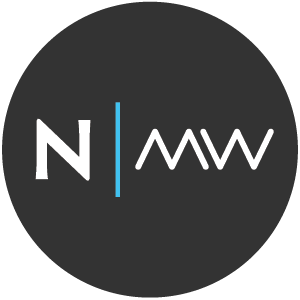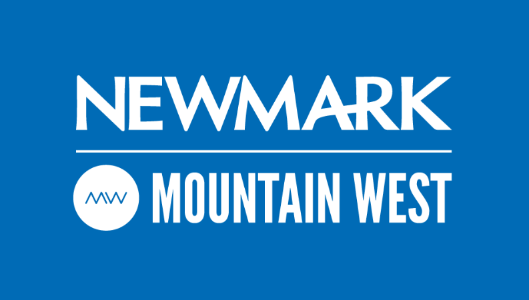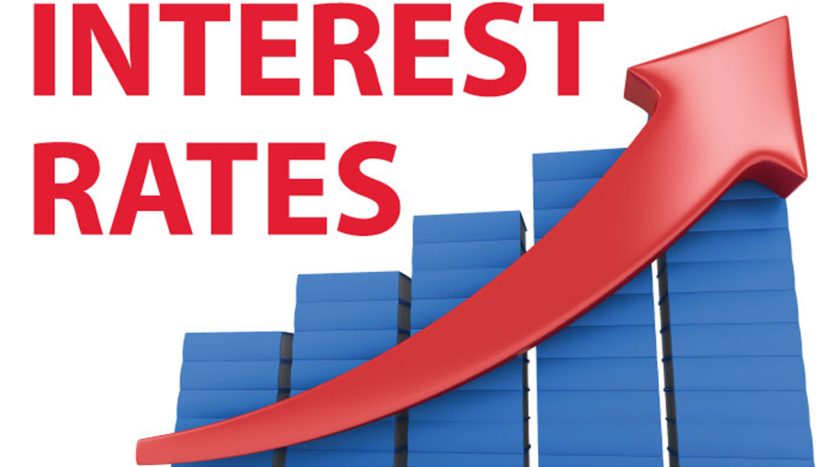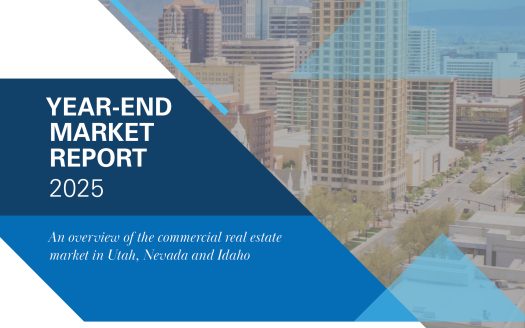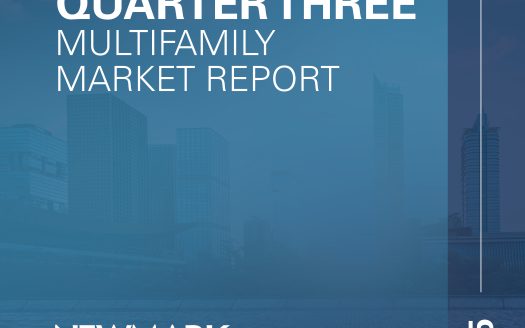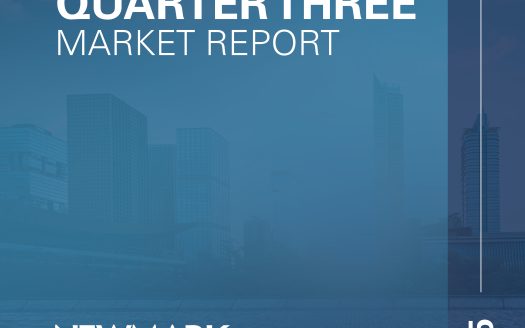Federal Rate Hike Impacts Commercial Real Estate
The Federal Reserve is released its first rate high since December 2018. The Federal Open Market Committee lifted the federal funds rate by 0.25 percentage points, matching forecasts broadly held by economists for weeks.
The move kicks off a cycle of rate increases expected to last throughout the rest of the year at the very least. Financial experts say the rate increase is to slow down the economy in the hopes of offsetting 7.9% inflation which is a 40-year record high.
Every 0.25% increase equates to an extra $25 a year in interest for $10,000 in debt. So if the Fed boosts rates by a total of 1.5% over six hikes this year, as many economists expect, consumers will pay $150 extra annually on that debt.
The rate increase could have various effects on the economy. Consumers could see a rapid increase on food, clothing, fuel. Jobs and wages could also take a hit, high demand for workers and a limited supply of labor have led to a record high amount of job opens and wage growth.
Mountain West Commercial says there are specific impacts that could impact commercial real estate and the buying and leasing process in general.
“It could take 4 to 5 months to get sellers on board with buyers, we could see a lull in investments, and more pressure on cap rates”, said an agent at Mountain West.
Researchers at Mountain West found that despite varying interest rates over the past 15 years, the price per square foot for retail in Salt Lake County (over the same time) went up and down regardless of changings interest rates. Basically, the interest rate didn’t really affect the retail price per square foot.
Loans
Higher interest rates could translate to more expensive financing for buyers. According to Forbes Financial Advisor, when the Federal Government raises the federal funds target rate, the goal is to increase the cost of credit throughout the economy.
Higher interest rates make loans more expensive for both businesses and consumers, and everyone ends up spending more on interest payments.
Investment
Higher market interest rates can have a negative impact on the. The Fed rate hike makes borrowing money more expensive, the cost of doing business rises for public (and private) companies.
“Typically when interest rates go up so does the cost to borrow,” Director Chad Moore said. “There is tons of cash in the market and we have done a ton of cash only deals so a lot of our clients don’t rely on lenders”.
Over time, higher costs and less business could mean lower revenues and earnings for public firms, potentially impacting their growth rate and their stock values. Some financial experts say investors who rely on debt the effect is more psychological.
